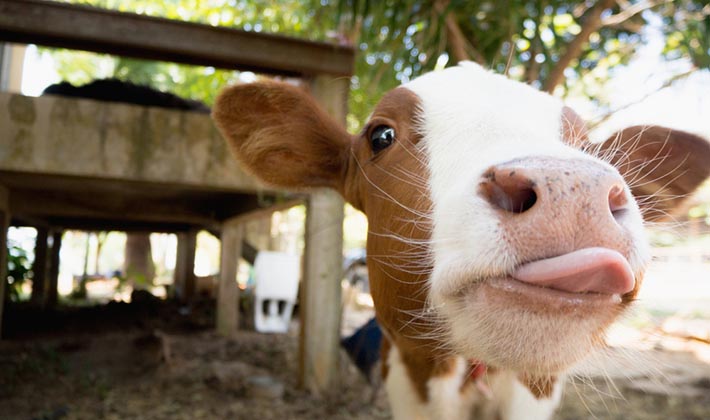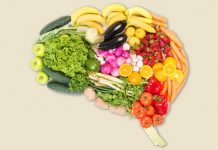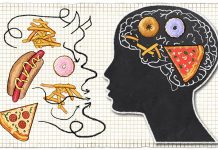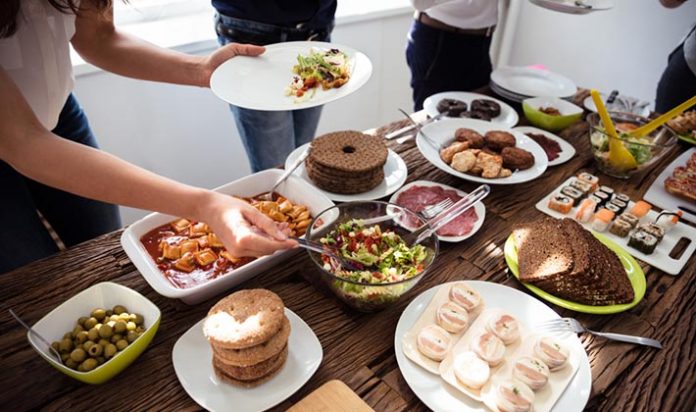With so much information about low-carb diets in the news these days, people who love their bread and pasta may be feeling attacked. If you feel like you’re perfectly healthy and don’t want to give up your carbs just yet, don’t worry – you don’t have to. Below, we’re going to celebrate all things carbohydrate and take a look at the reasons why eating carbs isn’t so bad. We may even be able to convert a few of you Keto lovers and Atkins Fanatics back to the carb side!
Lifestyle Benefits of Eating Processed Food
Yes, there are benefits to eating processed food – lifestyle benefits, to be specific. We’re not about to make the claim the processed food is in any way, shape, or form healthier than a whole food diet (regardless of macronutrient intake). But since processed food is notoriously high-carb, it gets attacked a lot by the low-carb crowd.
Eating ultra-processed food over the long-term will shorten your lifespan, likely cause you to develop metabolic syndrome, and cause a whole host of other unpleasant and expensive health complications. But in the meantime, you’re spending less time in the kitchen and more time with your family, friends, or being productive at work. Isn’t this a fair exchange? Some people seem to think so.
And yes, the carbohydrates in ultra-processed food can be as addictive as heroin or alcohol – but the consequences of a “carb addiction” or not nearly as dire. And they keep us happy in the face of our stressful lives. Is it not better to be addicted to something like carbs rather than alcohol or heroin? We might go insane without something to take the edge off. So why not rely on a loaf of bread instead of a more sinister drug?
Eating a Low-Carb Diet Is Inhumane and Unethical

Eating a low-carb diet usually means that you have to up your meat and dairy intake in order to make up for the lost calories. Many people believe that eating meat is unethical because you have to kill an innocent animal in order to get your food. Not to mention the fact that most factory farms keep their animals in deplorable conditions, inject them with synthetic hormones, and feed them an unhealthy diet in order to produce cheap, tasty, high-demand meat.
So you could go vegetarian to avoid all that, but there’s still the problem of commercially farmed animal products. Dairy cows get pumped full of hormones too, and strapped to milking machines for many hours a day long after the milk they produce is necessary for their calf. Chickens are kept in small, cramped quarters indoors all day so that they’ll spit out as many eggs as possible. Not many people can look at an egg or a gallon of milk and sleep well at night knowing that innocent animals had to suffer so that food could be in the refrigerator. If you can, then that’s your business. But if you can’t, then carbs are really your only answer.
The Need for More Micronutrients
One of the biggest micronutrient deficiencies on a low-carb diet is potassium. When you start restricting your carbohydrates, you stopped eating foods like potatoes, grains, and legumes, which are high in potassium. Your cardiovascular system needs a very specific amount of potassium to maintain a healthy heart rhythm and blood pressure. And it’s hard to get adequate levels of potassium on a low-carb diet.
It’s also difficult to get B vitamins such as thiamin or folate on a low-carb diet. You need folate to prevent against birth defects and for red blood cell formation. And your body needs thiamin in order to keep your brain and your nervous system functioning optimally. Most processed foods are automatically fortified with thiamin, and folate is highly bioavailable in many whole foods that are not allowed on a low-carb diet.
Vitamin C is most easily found in citrus fruits (which are too high in sugar to be low carb-friendly). Vitamin C is important for brain function and it helps protect against oxidative stress.
Magnesium is another important mineral which helps our body synthesize protein, maintain strong bones, and even helps our DNA stay healthy. You can most readily get magnesium from beans, which are (unfortunately) not allowed on a low-carb diet.
And we could go on and on! There are dozens of vitamins and minerals you won’t get a low-carb diet that you can only get if you eat a more balanced one – these are just the major players.
So there you have it – if you needed an excuse to stick to your high-carb guns, you now have several! And you can use them to defend yourself the next time that smug co-worker, friend, or relative of yours starts raving about their low-carb diet.






















































